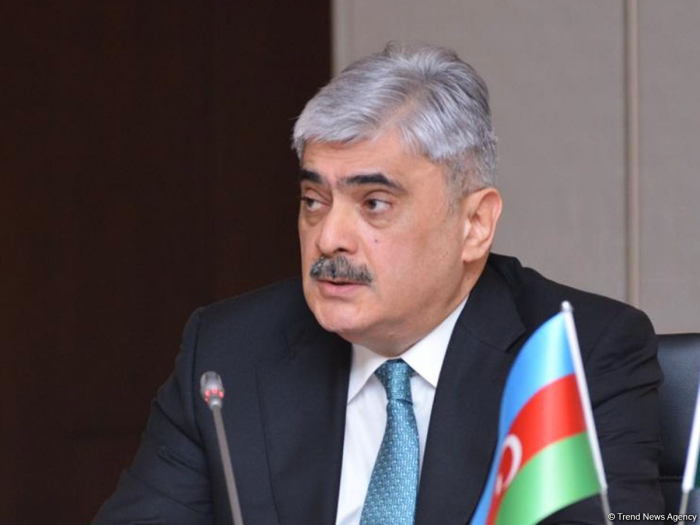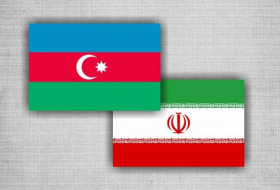The Zangazur corridor will significantly enhance the capacity of the Middle Corridor, said Samir Sharifov, Azerbaijan’s Minister of Finance, during a panel discussion as part of the annual meetings of the Asian Development Bank in Tbilisi, AzVision.az reports.
Sharifov highlighted the paramount importance of the project within Azerbaijan's current transport and transit agenda, emphasizing its role in establishing transport links between the Eastern Zangezur economic region of Azerbaijan, the Nakhchivan Autonomous Republic, and the Kars region of Türkiye.
He underscored that the Zangazur corridor holds significant significance in opening up a new transport route along the Middle Corridor, thereby fully unlocking the transit potential of the region's countries.
"The implementation of the Zangazur connection will not only bolster the corridor's capacity but also ensure more stable delivery schedules. We firmly believe that the Zangazur corridor will contribute to fostering lasting peace and security in the region, facilitating trust-building and stability through enhanced trade and cooperation among nations,” added the minister.
The theme of the 57th ADB Annual Meeting in Tbilisi, which runs from May 2 through May 5, is "Bridge to the Future".
The inaugural session of the Board of Governors is scheduled for May 4, marking the official commencement of the annual meeting. Distinguished guests from the host country will be in attendance. ADB President Masatsugu Asakawa and Georgia's Minister of Finance and Chairman of the ADB Board of Governors, Lasha Khutsishvili, will deliver statements.
The annual meeting provides ADB Governors with a platform to address developmental issues and challenges confronting the Asia-Pacific region. The event typically attracts several thousand participants, including finance ministers, central bank governors, senior government officials, private sector representatives, members of international and civil society organizations, youth, academics, and media personnel.
More about:
















































